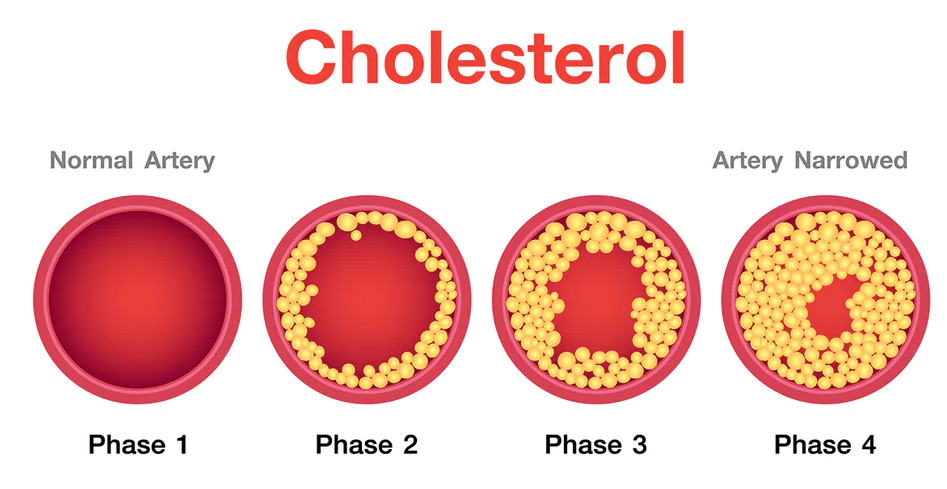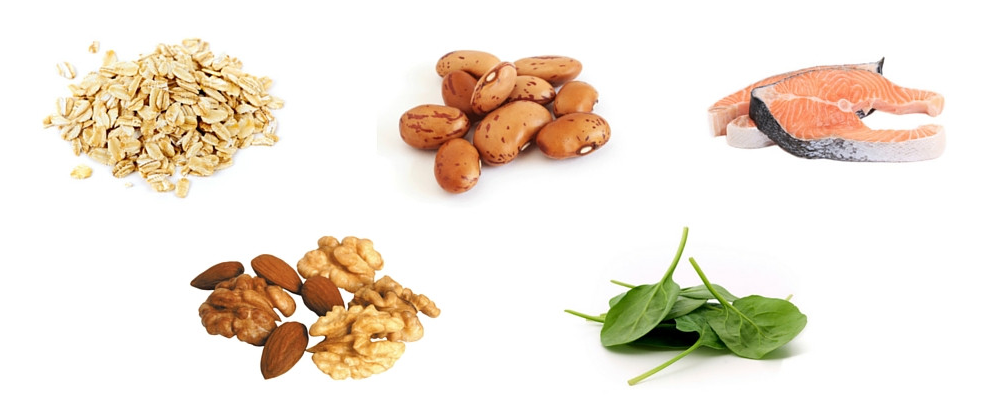
Cholesterol. It’s a word often met with confusion and trepidation. But understanding cholesterol is key to maintaining good heart health and overall well-being. So, let’s ditch the myths and unpack the facts!
What is cholesterol?
Contrary to popular belief, cholesterol isn’t inherently bad. It’s a waxy, fat-like substance found in every cell of our body, playing crucial roles in building cell walls, producing hormones, and aiding digestion. Our liver even makes its own cholesterol.
The good, the bad, and the HDL and LDL:
Cholesterol travels through the bloodstream attached to proteins called lipoproteins. Here’s where things get interesting:
- LDL (low-density lipoprotein): Often called “bad” cholesterol, high LDL levels can contribute to plaque buildup in arteries, increasing the risk of heart disease and stroke.
- HDL (high-density lipoprotein): The “good” cholesterol, HDL acts like a scavenger, collecting excess cholesterol and transporting it back to the liver for removal. Higher HDL levels are beneficial for heart health.
Where does cholesterol come from?
Our bodies produce about 75% of the cholesterol we need. The remaining 25% comes from dietary sources, particularly:
- Animal products: Egg yolks, red meat, full-fat dairy are high in cholesterol.
- Saturated and trans fats: Found in processed foods, fried foods, and baked goods, they can raise LDL levels.
Why should you care about cholesterol?
High cholesterol often has no symptoms, making regular screening crucial. Uncontrolled high cholesterol can lead to:
- Atherosclerosis: Plaque buildup in arteries, narrowing them and restricting blood flow.
- Heart disease: Increased risk of heart attack and angina.
- Stroke: When blood flow to the brain is blocked.

Taking control of your cholesterol:
The good news is you can influence your cholesterol levels through lifestyle changes:
- Diet: Limit saturated and trans fats, choose lean protein sources, and enjoy fruits, vegetables, and whole grains.
- Exercise: Aim for at least 30 minutes of moderate-intensity exercise most days of the week.
- Weight management: Maintaining a healthy weight can significantly improve cholesterol levels.
- Stress management: Chronic stress can contribute to unhealthy cholesterol levels.
Remember: Consult your doctor for personalized advice based on your individual risk factors and medical history. They can assess your cholesterol levels, recommend management strategies, and monitor your progress.
Bonus tips:
- Quit smoking – it’s detrimental to both LDL and HDL levels.
- Consider dietary supplements like plant sterols and stanols, which can help lower LDL.
- Get regular cholesterol screenings as recommended by your doctor.
By understanding cholesterol and making informed choices, you can empower yourself to take charge of your heart health and live a healthier, happier life!
Disclaimer: This blog is for informational purposes only and is not intended to be a substitute for professional medical advice. Always consult with your doctor before making any changes to your diet, exercise routine, or medication regimen.
